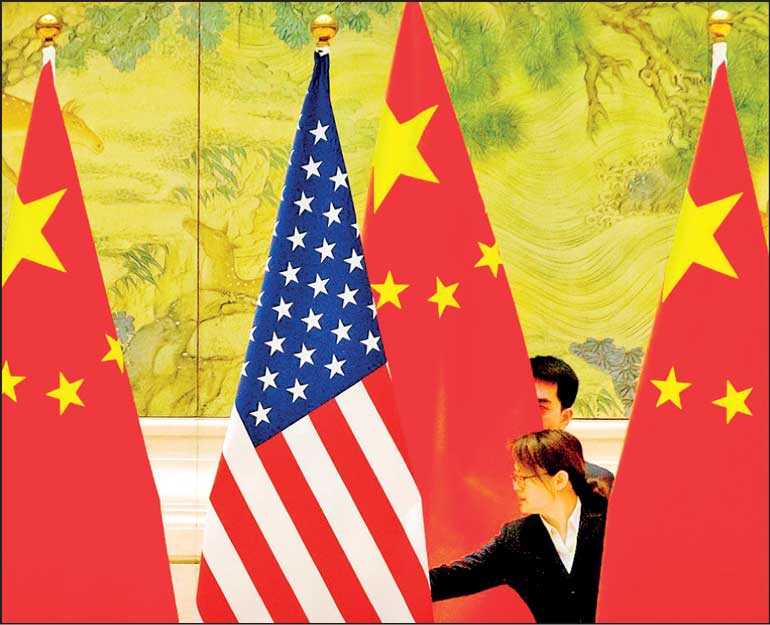Sunday Feb 22, 2026
Sunday Feb 22, 2026
Tuesday, 10 December 2019 00:00 - - {{hitsCtrl.values.hits}}

BEIJING (Reuters): Large European companies are shifting manufacturing supply chains to avoid China-US tariffs while smaller ones are weathering the extra costs, a European business lobby said on Monday.
And while some companies have shifted investment out of China, around the same number have increased investment in the country to produce more locally and avoid tariffs crossing borders, said a report by the European Union Chamber of Commerce in China. This undercuts the US goal of discouraging investment in China, the report said.
European companies are “settling in” to the trade war, chamber president Joerg Wuttke told reporters on Monday.
The 17-month long trade dispute between the world’s two largest economies have hit global supply chains, business investment plans and market confidence, but Washington and Beijing are working on a first phase agreement to lower trade tensions.
While some small- and medium-sized European companies, especially those that make very high-quality goods, are able to pass costs from higher tariffs along, others are taking a “steady beating,” said the report.
Wuttke had little hope the ‘phase one’ deal could benefit other countries by affecting systemic issues such as subsidies and market access in the world’s second-largest economy.
China and the United States are trying to hash out the interim deal before a new round of tariffs kicks in on 15 December, covering about $156 billion of Chinese imports.
“Maybe my children will see a ‘phase two’,” said Wuttke, referring to a more ambitious later-stage deal which might touch on more structural issues.
While larger European firms can manage US-China trade tensions, they are not managing to take advantage of it, Wuttke said. “I have not seen a single case where we benefited.”